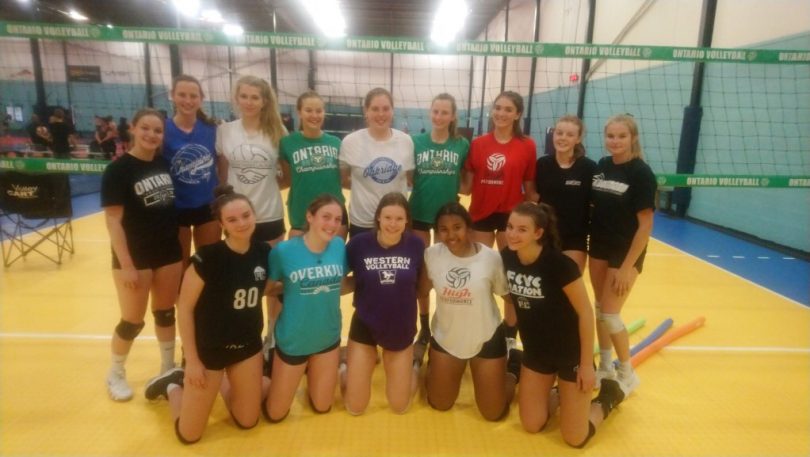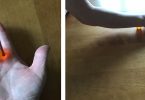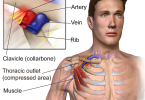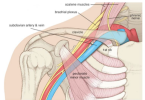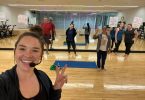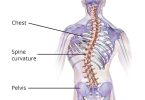Preparation takes on many forms. Each aspect of proper preparation has a unique component that is designed to get you mentally and physically prepared for practice or competition. The goal is to approach preparation in sport (a pivotal component to athletic success) by tackling the four pillars of performance: mindset, nutrition, movement, and recovery.
In the world of optimized performance, taking time to focus on these four categories will drastically improve cognitive function, skill acquisition, muscular function, strength, speed and power – also known as your ability to ‘win.’ Once you have established a routine that encompass these four pillars, the preparation becomes quite easy.
Here are some strategies for each of the pillars that we use or recommend with our athletes at RPG Training Systems …
- Mental/Mindset:
The phrase ‘Starting with Why,’ developed by Simon Sinek, is definitely the best place to start. But in our experience, that is often challenging to uncover in athletes – both young and old. Instead, start with a goal, aim or objective. This will allow you to plan, strategize and execute in a direction. Once you are moving, then the ‘Why’ may become more clear. Remember, it is ultimately about the person you become, not the object you seek, that makes the journey worthwhile. Focus on the process to get you to your goal, and focus on your goal to get you through the process.
- Nutrition:
Much like anything, nutrition is highly individual. General recommendations for meals, diet plans and portion sizes are all highly-dependant on the individual athlete and the situation – as well as a host of other variables. But as a general guideline, when it comes time to prepare for practice or competition, you should be consuming a 2:1 ratio of carbohydrates to protein. People following a keto-based diet might read this and recommend no carbs and more fats. For that reason, it is best to listen to your body. No one thing is going to be the right answer everyone, every time, but ultimately if you are able to narrow your pre-workout meal or snack (or any meal, for that matter) to something that gives you ample amounts of fuel and clarity, without spiking your blood sugar, you are in a good place!
- Movement:
Much like nutrition, each individual moves differently. One athlete may feel a stretch, while their teammate right beside them, in the same position, may feel nothing – or worse, pain. For this reason, team-based movement and skill preparation often look very similar from age to age and sport to sport. It is recommended that, as a team, you develop a routine that progressively increases heart rate, circulation, mental clarity and neural drive, and moves from general to specific skills. This team-based routine is just as much about getting athletes moving as it is about getting the team to gel. On an individual scale, that same movement routine will, if done properly, challenge each athlete’s capacity within the same movement skills. This is ultimately the goal of the preparation routine: a group of individuals, working on tuning their bodies for performance while working together as a collective group. When you see that ‘poetry in motion,’ it is truly effortless, and athletes are able to achieve a ‘flow’ state that carries them through the day.
- Recovery:
Just because the practice, workout or competition is over, it doesn’t mean that the ‘preparation’ is over. Far from it. Preparation, in its truest sense, is ‘beginning with the end in mind.’ Recovery (or regeneration or restoration) is an essential component to performance gains. Spending time at the end of practice reviewing the ‘game plan,’ or rolling out after a heavy lift, or fueling your tired muscles after a long tournament, are all steps necessary to ensure that you are able to compete the next day. Recovery also encompasses rest. Ample sleep, especially for growing athletes, is a must. Setting some guidelines or boundaries around bedtime, computer or screen time can be challenging, but it will ultimately result in greater muscular repair, motor learning and mental clarity.
To find out more about our training and holistic approach to athlete development, check us out at www.rpgtrainingsystems.com, London’s newest High-Performance Training company!
Submitted by RPG Training Systems

